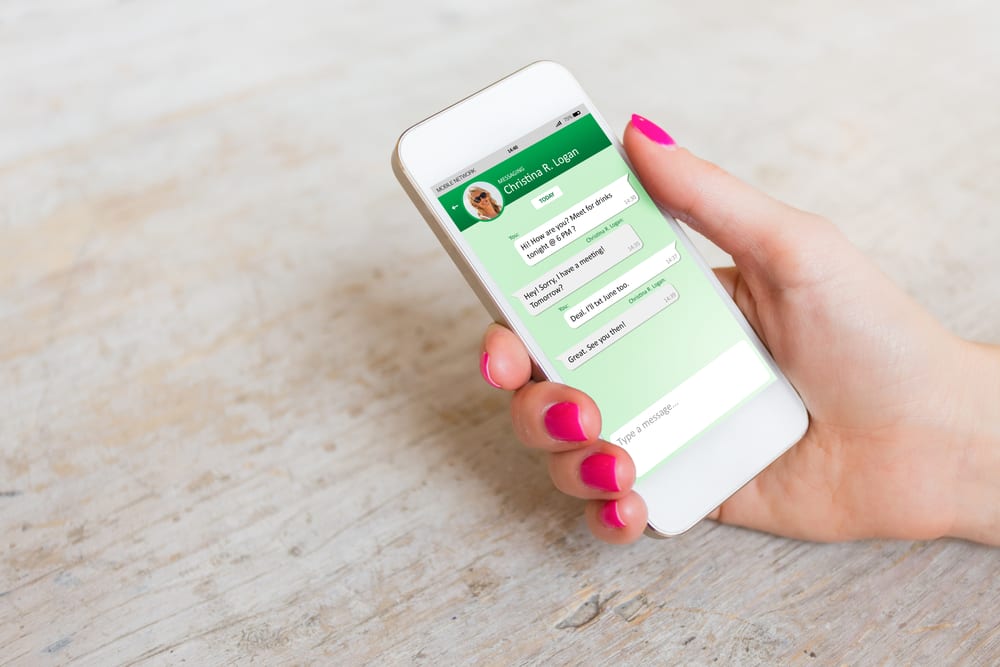Why You Shouldn’t Use WhatsApp for Business Communication
With 1.5 billion active users, it’s not surprising that WhatsApp has found its way into the workplace, but it should be alarming. As Matthew Finnegan at ComputerWorld notes, a consumer app like WhatsApp has no place in the enterprise as it poses serious security and privacy risks, as well as lacks critical administration and analytics.
The allure of instant messaging apps is real. These apps offer faster and more efficient team communication than email and with that comes increased productivity and performance. But when a consumer messaging app like WhatsApp is used in place of an enterprise app, you run into significant weaknesses in terms of data protection and ownership, security, administration, workflow integrations, and more.
The following 4 reasons why WhatsApp is bad for business will have you deleting your account and finding an enterprise solution ASAP.
1. Facebook (Who Owns Whatsapp) Is in the Business of Making Money Off of Your Data
When using WhatsApp in the workplace, WhatsApp is the one who owns all your communication data, rather than your company. This means that data can be used to improve advertising revenues in Facebook. Facebook already tracks phone number and personal profile data, and even call history, and is likely to expand the data sharing to your address book and communication behavior (as in who you text frequently, preferred times and how often.)
While this may make the average user uneasy, it should be a huge red flag for anyone using WhatsApp for work. You are allowing another business to control your company’s communication data, forsaking all privacy and confidentiality.
Learn more: Why You Shouldn’t Risk Using Consumer Apps for Business
2. WhatsApp Lacks Much Needed Administration
One of the most valuable differentiators between consumer and enterprise messaging apps is the ability to manage the platform, including adding and removing users, creating groups, setting user permissions and setting data retention policies. Because group messaging is so invaluable for efficiency, collaboration and productivity, it’s crucial to have all your employees connected.
When you use an unmanaged app like WhatsApp, you run into issues such as:
- Only the creator of the group can add and remove members, which can result in the wrong people having access to confidential info or sensitive IP
- When employees leave the company they are not removed from any of the WhatsApp groups. This poses a confidentiality problem, especially if an employee leaves to work for the competition.
- Employees are only connected to the colleagues whose number they have. This severely limits who stays in the loop and prevents effective crowdsourcing when an employee has a question or runs into an issue.
- You aren’t able to retrieve conversation data that has been lost
3. No Analytics or Visibility
When you use an enterprise messaging app like Zinc rather than WhatsApp, you not only have full control and ownership over your data, but you also have access to rich insights through communication analytics. These reports provide insight into how your teams communicate, including:
- User activity and message engagement levels
- Preferred modes of communication (text, voice, video, image, location, emoji)
- Group creation and trending topics
- Communication networks across the org
With communication analytics, leaders can understand how communication impacts performance make connections between the top performers and the top communicators. They can also identify highly valuable groups that should have a broader membership across the company. With this visibility, leaders can keep their finger on the pulse of the organization and more easily identify areas of improvement.
Learn more: Watch the Communication Analytics Webinar On Demand
4. WhatsApp Supports Consumer Use Cases, Not Enterprise Ones
WhatsApp is proven to be great for chatting with friends and family, and those are the use cases that the company focuses on. WhatsApp is simply not built to empower employees and work seamlessly across enterprise systems. The true value real-time communication for business is realized when the app exists within your IT ecosystem. This includes workflow integrations, such as file sharing systems like Dropbox, CRM software like Salesforce, and Field Service Management software like ClickSoftware.
You’ll also find an array of features built specifically for business use cases, such as Zinc’s Hotline Groups that connect office-based support teams with frontline workers to resolve customer problems in real time.
With a messaging app built for work, you can greatly improve processes, streamline workflows and better connect employees with each other and the corporate office.
Finding Your WhatsApp Alternative
Real-time messaging is a crucial component of business IT that improves communication, productivity, performance, and employee engagement. With all of the risks and limitations associated with WhatsApp, it’s a smart choice to opt for a dedicated enterprise messaging app like Zinc instead.
Zinc’s enterprise-grade communication platform combines all mode of communication (messaging, voice, video, content sharing, push to talk and broadcasts) into one easy-to-use app that works across all devices. With powerful group messaging capabilities and a range of deskless worker use cases, Zinc drives results for leading companies like DISH, Vivint Smart Home, and Marriott Hotels.
Watch the video below to see how Zinc can empower your team and schedule a demo to learn more.
[vimeo 298661634 w=640 h=360]


Great article. It needs to be shared with co-workers.